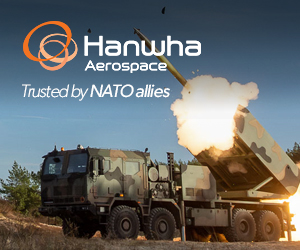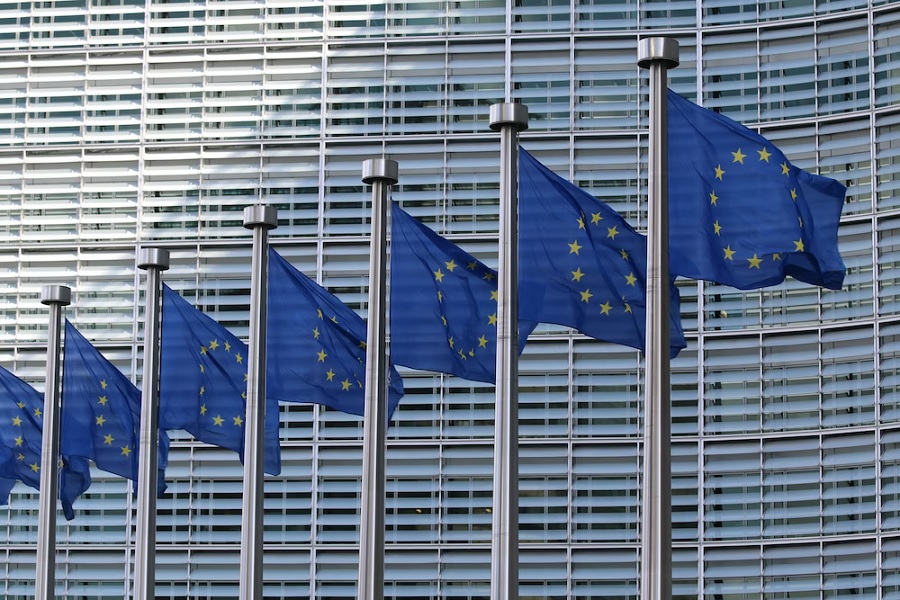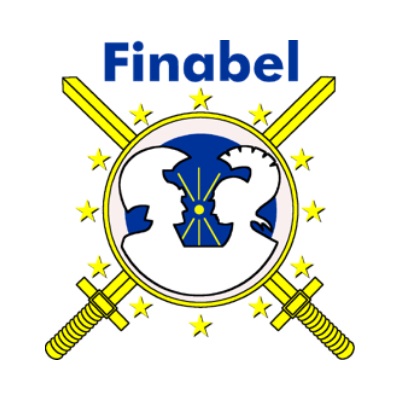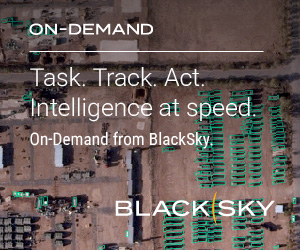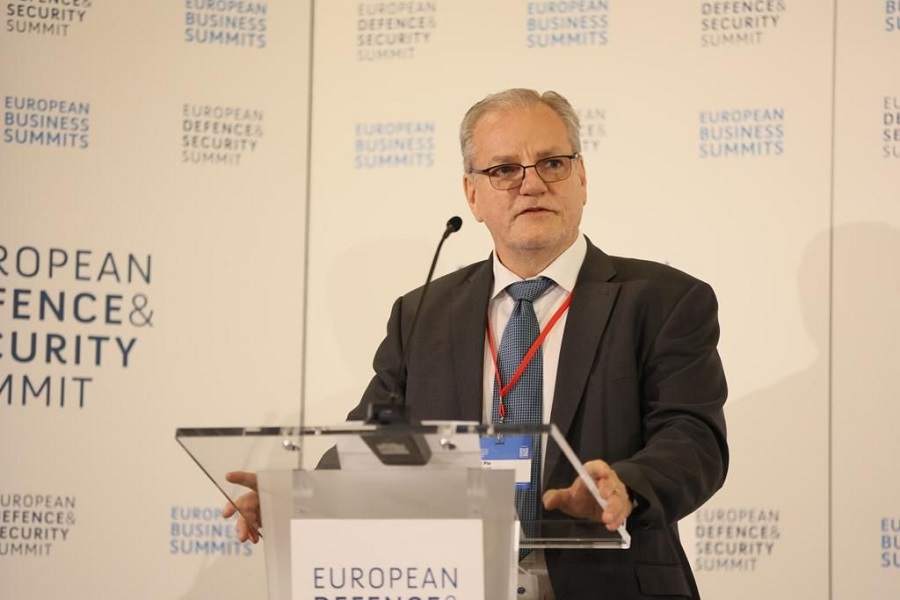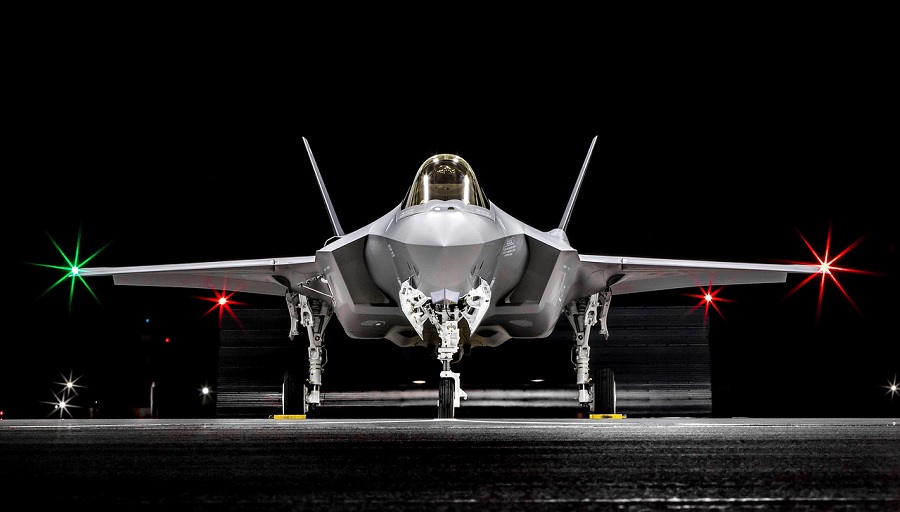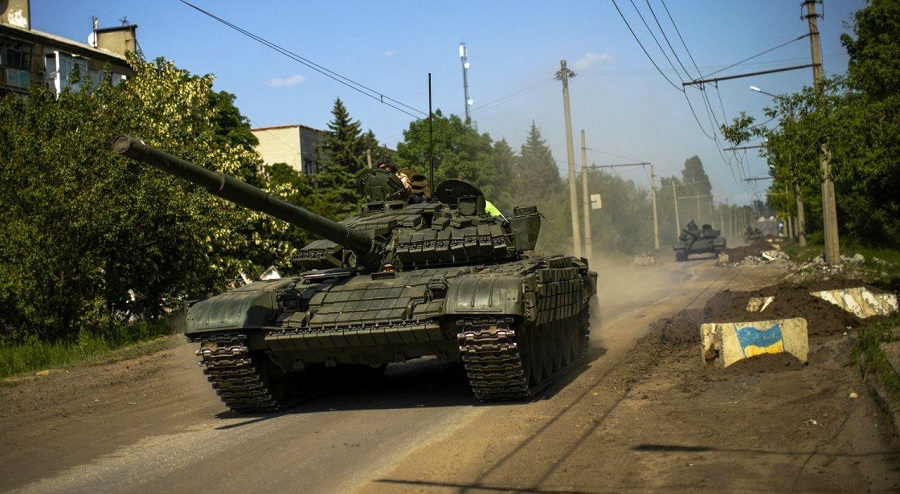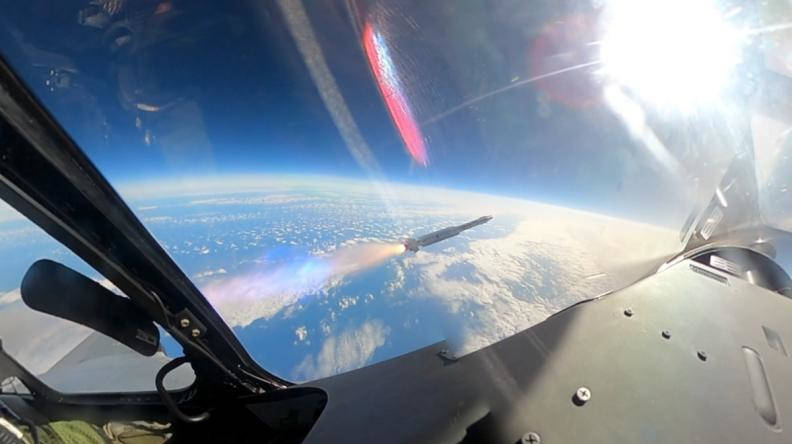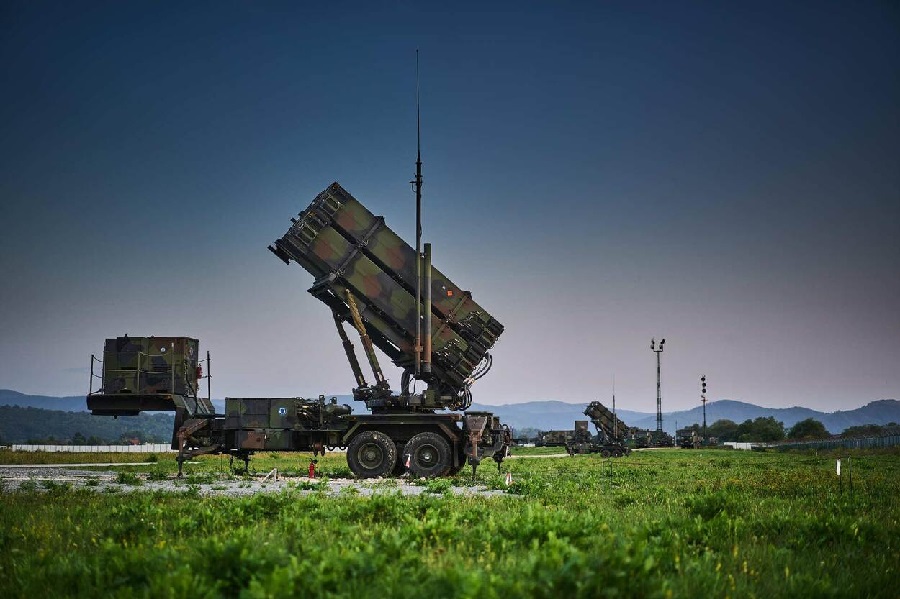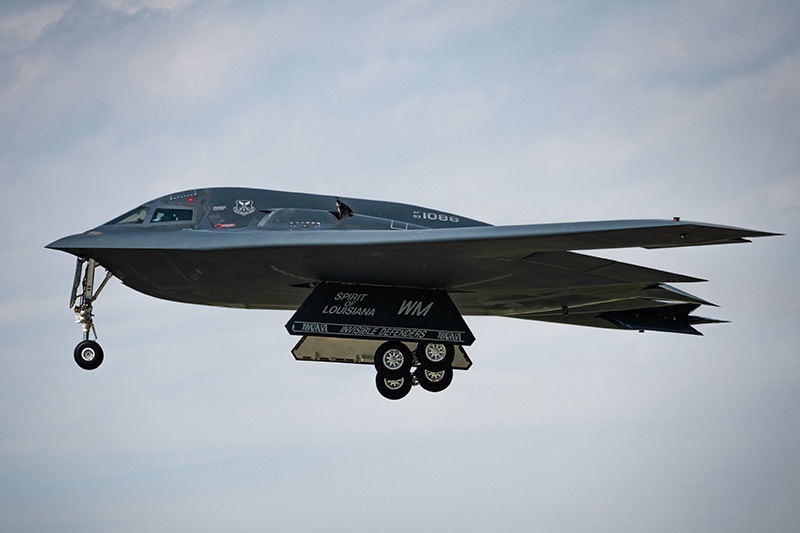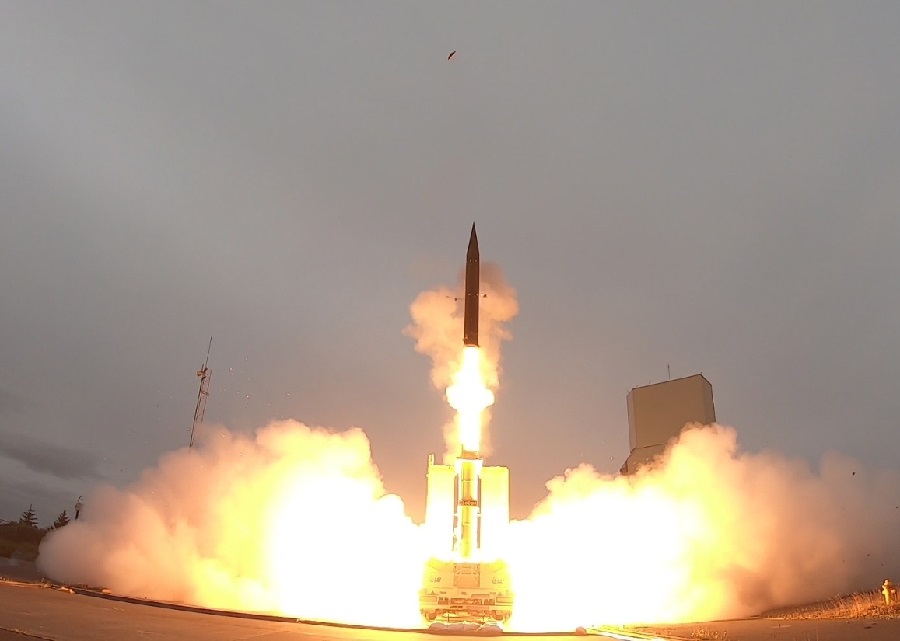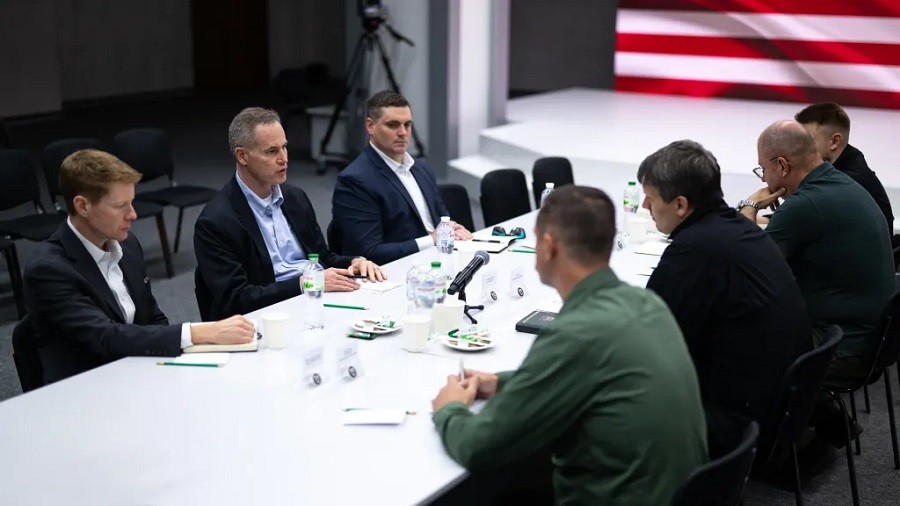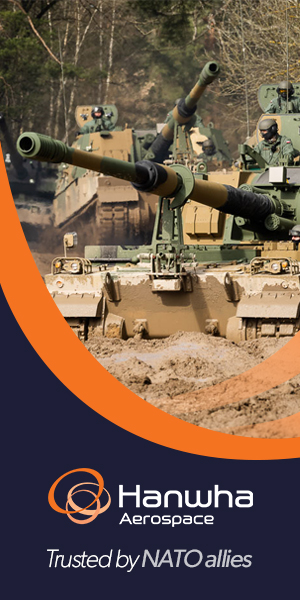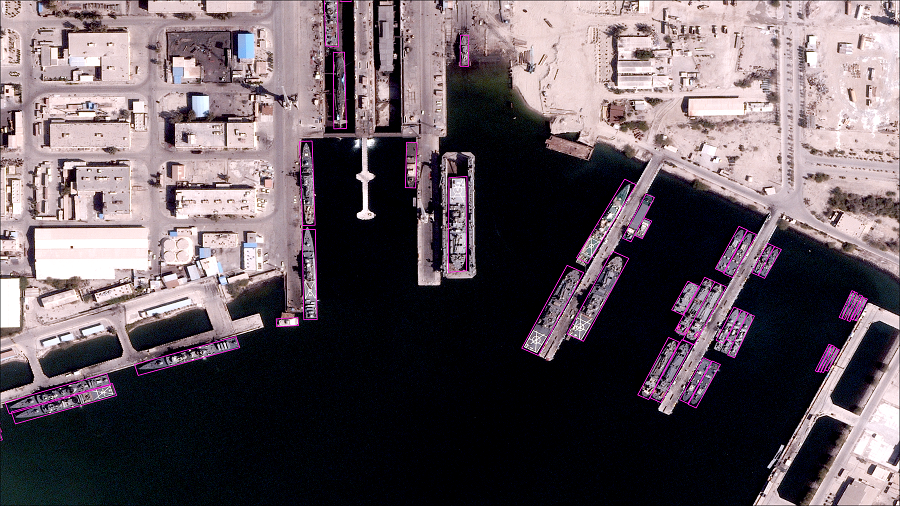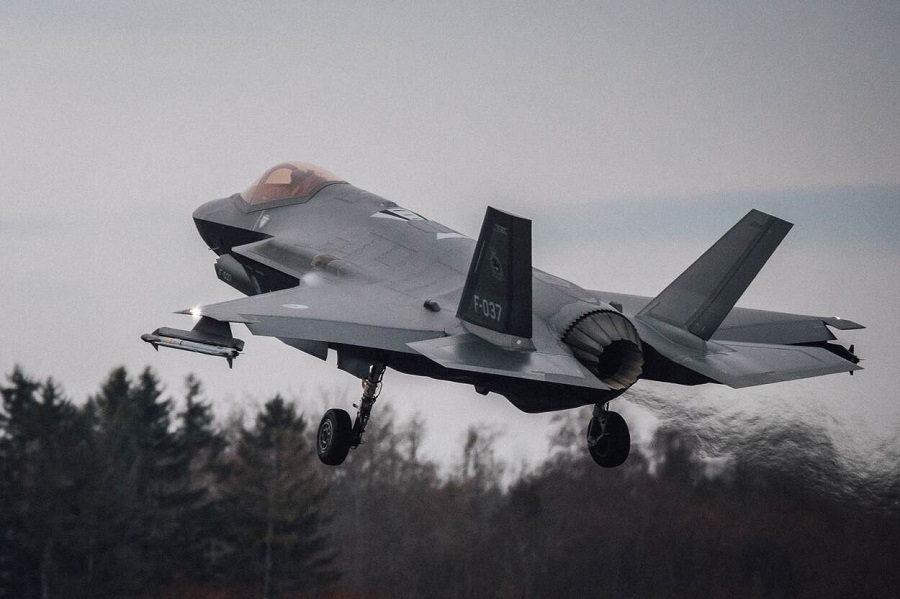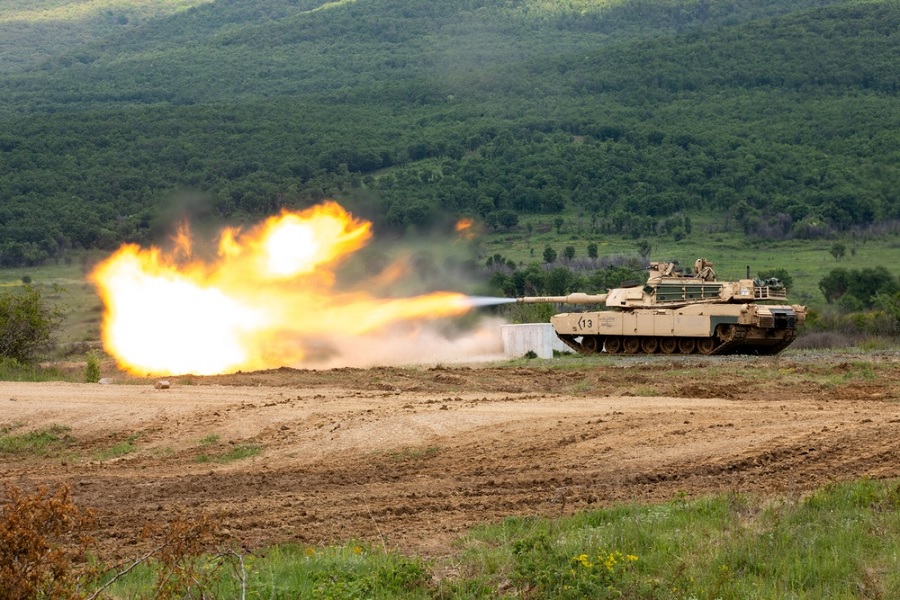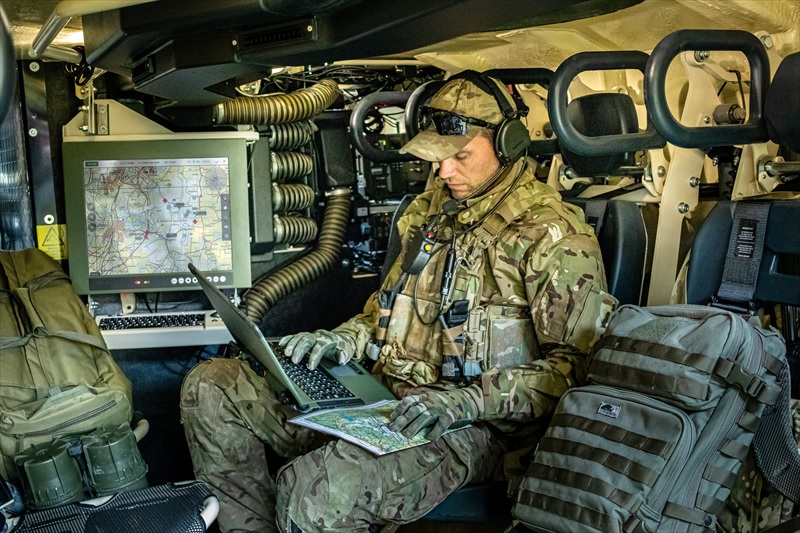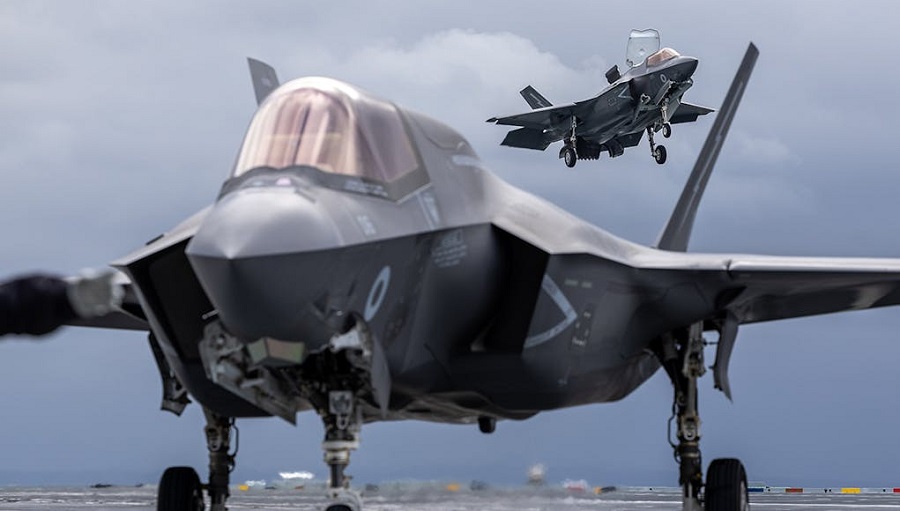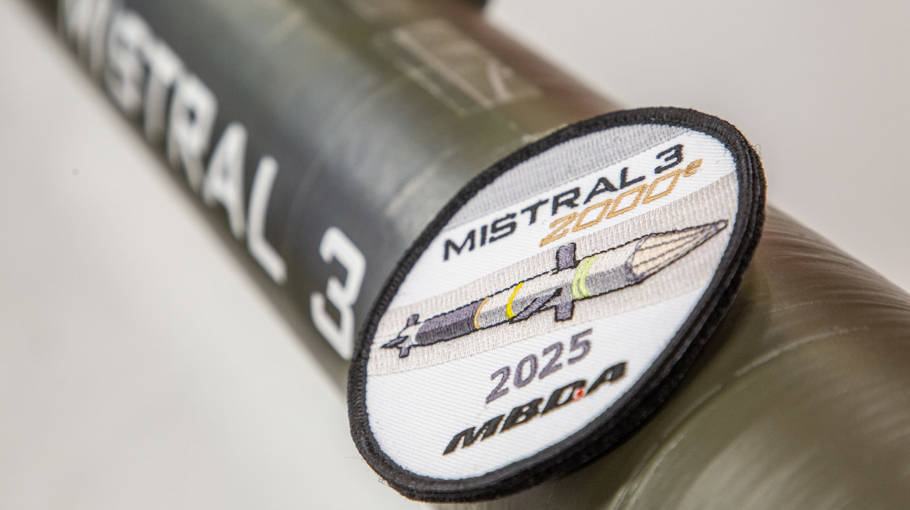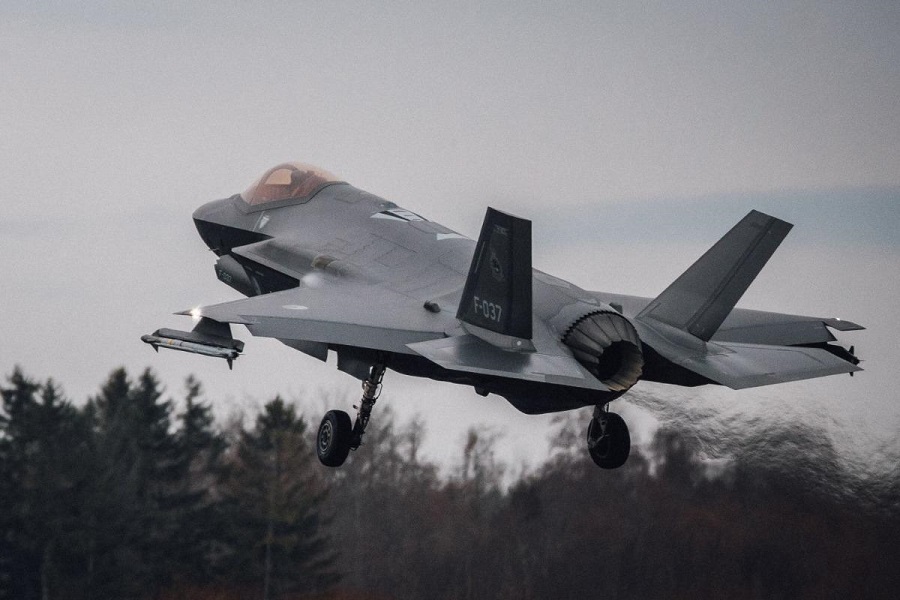Introduction
A recent article by Politico shed light on how defence lobbyists are increasingly concentrating their efforts on EU officials and policy-makers (Wheaton & Bayer, 2023). While lobbying activities have traditionally interested Member States, defence and security integration at the European level has progressively drawn the attention of both European and American defence companies (Wheaton & Bayer, 2023). In recent years, EU institutions have launched a number of defence initiatives. Most notably, the European Defence Fund (EDF) provides funding for joint capability research & development (R&D) through a €8 billion budget for the 2021-2027 window (European Commission, n.d.). Therefore, while for long Brussels had no tenders to offer, the situation is changing and defence companies are now eager to gain access to these funds (Wheaton & Bayer, 2023).
However, defence lobbying towards EU institutions is nothing but a recent phenomenon. Since the Commission envisaged the creation of funding schemes for security-related research in the early 2000s, the industry has become an increasingly crucial actor in shaping the Common Security and Defence Policy (CSDP) (Csernatoni, 2021). By playing this role, defence companies have benefitted from funding provided by initiatives launched under the CSDP umbrella (Bigo & Jeandesboz, 2010).
Accordingly, this Info Flash attempts to sketch out how the European defence industry has managed to carve out this role throughout the last two decades. First, it provides a broad and general overview of defence industry lobbying. Then, it discusses a range of lobbying groups and platforms directly connected to EU institutions and initiatives, which have particularly enabled European defence companies to promote their interests and take an active role in shaping the CSDP. Lastly, some conclusions are drawn concerning the relationship between the Commission and the defence industry.
Defence industry lobbying
European defence companies engage in lobbying both individually and collectively. Most of them have offices in Brussels and employ lobbyists with direct access to the European Parliament (Corporate Europe Observatory, 2011). For instance, Airbus and Leonardo employ three lobbyists accredited for access to European Parliament premises each (Transparency Register, n.d. – a, n.d. – b). Companies may also use consultancies and intermediaries that lobby on their behalf (Corporate Europe Observatory, 2011). In 2022, Airbus relied on two intermediaries to promote its interests (Transparency Register, n.d. – a).
Defence companies also gather in associations and groups that promote the interests of the industry as a whole. A first relevant example is the Aerospace, Security and Defence Industries Association of Europe (ASD), which includes leading European companies but also national industrial associations (ASD, n.d.). Its main role is to defend the interests of the industry by speaking on its behalf in EU institutional settings (ASD, n.d.). Its significant lobbying power is demonstrated by its influence on the Commission’s drafting of the 2016 Defence Action Plan (Vranken, 2017). Ultimately, this Action Plan paved the way for the EDF (European Commission, 2016).
The European Organisation for Security (EOS) is another lobbying association that includes defence companies of the likes of Airbus, Thales, Leonardo and Indra (EOS, n.d.). The organisation has been particularly active in influencing the EU’s approach to border security (Csernatoni, 2021). In fact, this policy area is deeply connected to the development of capabilities used for policing and border control, such as Remotely Piloted Aircraft Systems (RPAS) (Csernatoni, 2021).
Either individually or collectively, defence companies are able to shape and participate in political initiatives through diverse lobbying channels (Corporate Europe Observatory, 2011). Defence and security fairs constitute one. These events allow industrial players to meet EU officials and discuss policies (Vranken, 2017). DSEI, Eurosatory and the Paris Air Show are some examples. Conferences provide a similar opportunity, playing a key role in establishing networks among policy-makers, companies, lobby groups and think tanks (Vranken, 2017)
Official meetings between defence companies and officials working in EU institutions and agencies constitute another channel. It is especially worth considering meetings between industrial representatives and Commission officials due to the latter’s efforts to shift defence and security from the national to the European level. Airbus is the most active player in this regard. It has declared forty-six meetings on security and defence matters since 2015 (Transparency Register, n.d. – a).
Leonardo and Saab are also active players with, respectively, twenty-seven and fourteen meetings since 2015 (Transparency Register, n.d. – b, n.d. – c). Conversely, prominent land system manufacturers, such as Rheinmetall and Nexter, have played a more limited role, with only two meetings each (Transparency Register, n.d. – d, n.d. – e). ASD itself has held twenty-six meetings (Transparency Register, n.d. – f). These figures provide insights on what companies have mostly attempted to shape the CSDP.
Meetings with EU officials also take place outside institutional settings. Established in 1979, the Kangaroo Group brings together Parliament members, Commission and Council representatives, influential industrial actors and academics interested in promoting a common security and defence policy, among other goals (Csernatoni, 2021). It features representatives from Airbus, MBDA and Safran (Kangaroo Group, n.d.). While being a private organisation, it allows industrial players to meet EU officials and thereby discuss policies to promote their interests in an informal way.
Lobbying is a political activity that generally aims to escape transparency and accountability in order to advance an actor’s interest as covertly as possible (Vranken, 2017). Therefore, it is difficult to keep track of it in a highly accurate and comprehensive way. The defence industry is no different and uses informal lobbying channels. Nevertheless, it is still possible to gain a fair understanding of how the industry has shaped the CSDP. Meetings between EU officials and industrial players have already been accounted for and give a first indication of this. Furthermore, defence companies have been increasingly included in groups tasked with assisting the conception and implementation of EU defence initiatives. These groups will be discussed in the following section.
Institutional EU lobbying platforms
The former section provides a general overview of defence industry lobbying of EU institutions and agencies. However, there are some institutional groups that have constituted highly effective lobbying platforms for European defence and security matters. This specific channel has perhaps played the most important role in providing the industry with the opportunity to significantly shape the CSDP. In fact, these groups have been at the forefront of the conception and implementation of EU funding schemes for security and defence-related research (Csernatoni, 2021).
In the early 2000s, the Commission started setting up expert groups to pave the way to the introduction of funding schemes. For this reason, the Group of Personalities on Security Research was established in 2003. It was composed of eight industrial representatives along with Parliament members, national officials and research institute heads (European Commission, 2004). The main goal of the group was to propose principles and priorities for a European Security Research Programme (ESRP) to institutionalise a security R&D programme at the EU level (Csernatoni, 2021).
The European Security Research Advisory Board (ESRAB) is a follow-up of the former group. Created in 2005, it was tasked with assisting the Commission in defining the content of and implementing the ESRP (European Commission, 2005). Once again, this expert group was composed of defence industry representatives, together with EU and national officials and research institutes’ members (Csernatoni, 2021). Ultimately, the Group of Personalities on Security Research and the ESRAB played a crucial role in normalising a close, institutionalised interaction between industrial players and EU policy-makers in shaping the CSDP integration (Csernatoni, 2021).
In fact, this public-private dialogue went further. In 2014, the Commission introduced a Preparatory Action on CSDP-related research (PA) to explore the potential of an EU-funded research programme (European Commission, 2014). For this purpose, the Commission deemed necessary to create an independent advisory body to explore principles and issues related to the PA (European Commission, 2014). This led to the establishment of the High-level Group of Personalities on defence research. Along with EU and national officials and research institutes’ members, it included a significant number of defence industry representatives. Compared to the 2003 Group of Personalities on security research, the 2015 Group of Personalities presented a higher share of industry representatives (Vranken, 2017).
The Group of Personalities on defence research played a pivotal role in the launch of the Preparatory Action on Defence Research (PADR) in 2017. It consisted of a funding programme for joint defence research with a €90 million budget for the 2017-2019 window (EDA, n.d.). While participating in the Group, European companies also consistently lobbied Commission officials both individually and through the ASD in the years leading to the PADR (Vranken, 2017). This initiative played a key role in paving the way for the launch of the EDF (EDA, n.d.). Therefore, the huge involvement of its representatives within the Group of Personalities witnessed and further enhanced the significant influence played by the defence industry on the evolution of the CSDP.
Concluding remarks
Since the early 2000s, the Commission has attempted to boost joint capability R&D through the provision of EU funding. These efforts have led to the launch of the PADR first and then of the EDF. As a result, the defence industry has progressively increased its lobbying towards EU institutions, particularly the Commission. Defence companies have attempted to promote their interests through both formal and informal channels. At the same time, the Commission itself has regularly included industrial representatives within expert groups tasked with driving the conception and implementation of EU defence initiatives.
This public-private dialogue showcases a mutually beneficial relationship between the Commission and European defence companies. Support from the industry has given the Commission the power to assume a driving role in increasingly shifting defence and security from the national to the European level. In turn, this has allowed the industry to contribute to shaping the CSDP while benefitting from EU funding provided by initiatives launched under this very framework. Overall, this has led to the creation and progressive consolidation of a European defence technological and industrial complex which brings together institutions and agencies of the EU and the European defence industry (Csernatoni, 2021).
These dynamics are crucial to understanding how European defence companies have come to play a fundamental role in shaping the CSDP. The industry unarguably constitutes a fundamental stakeholder in European security and defence. Therefore, it is crucial for EU institutions to include industrial representatives in any dialogue on common initiatives in this regard. Nevertheless, an excessive involvement of the industry in the evolution of the CSDP bears some risks due to its economic stakes in obtaining funds for R&D (Vranken, 2017). Criticism has also been expressed toward the limited participation of civil society representatives and the resulting lack of transparency of the expert groups analysed (Vranken, 2017). Ultimately, ensuring that the involvement of the defence industry in the CSDP plays a truly beneficial role for European security and defence is of utmost importance
This article was originally published on the website of Finabel – European Army Interoperability Centre.

